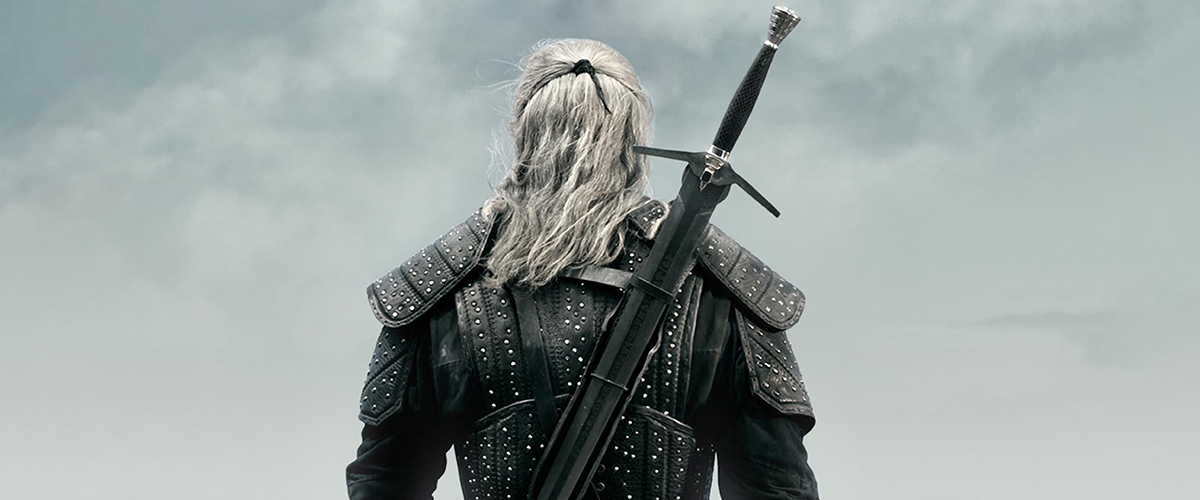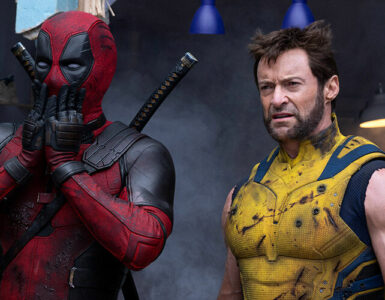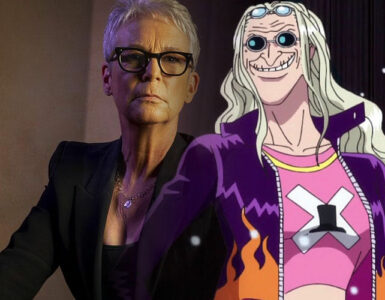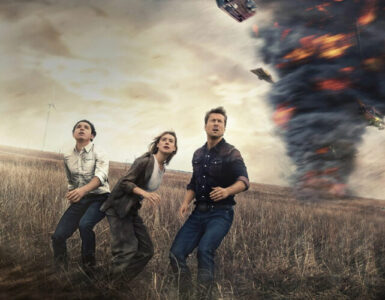Disclaimer: This review is based on the first five episodes of Netflix’s The Witcher.
Monsters and magic. Swords and sorcery. These are the pillars of any fantasy story, but in 2020, a lot of us have probably been there, done that with these sort of tropes that have been constantly rehashed and re-explored time and again.
Think The Lord of the Rings and Game of Thrones (the first four seasons, namely) for the live-screen format. These two franchises have set the bar of the fantasy genre so high that many who came after are now compared with the scale and grandeur of these two narratives.
So where does The Witcher come into play in a genre that is already very saturated, and, frankly, quite tired?
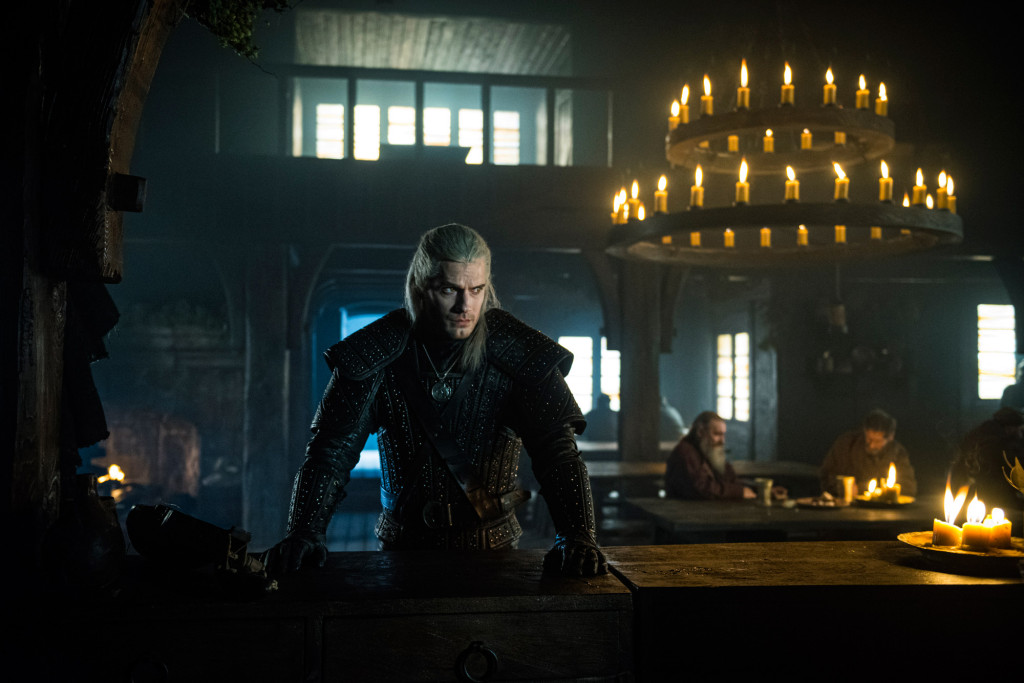
In short: not bad.
These days, many associate The Witcher with the video games put out by CD Projekt Red that gamers have come to know and love. But few know that the series started off as a series of books and despite the games boasting the arguably larger fan base compared to the books, Netflix’s adaptation actually takes its cues from the original novels written by Polish author Andrzej Sapkowski, who also serves as a story consultant on the show.
Not to say that the games are bad because they are, without a doubt, the best RPG series of this generation, and since they were also based on the critically-acclaimed books, it would be a great justice for Netflix to have adapted from Sapkowski’s pages directly as well.
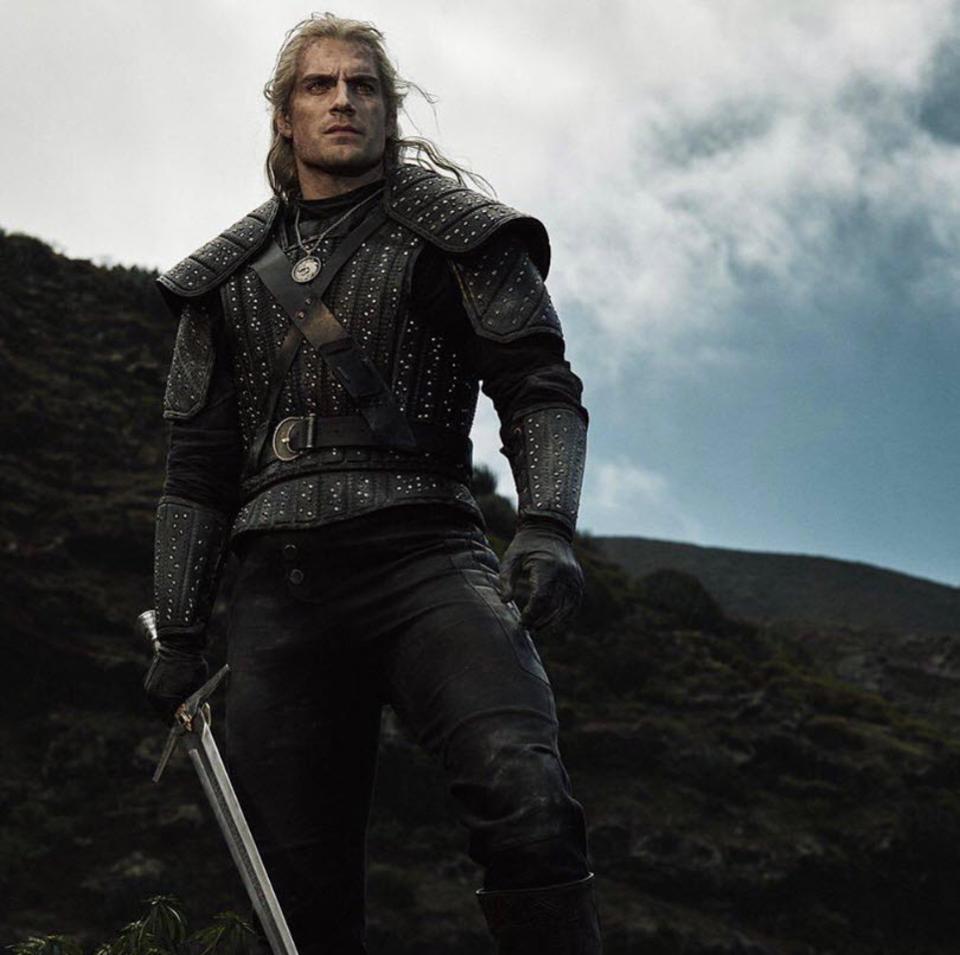
And while many will no doubt be comparing the games and books to the show, we strongly suggest that you leave those comparisons at the door when you dive in. Based on what we’d seen so far, we haven’t been disappointed. Not by much, at least.
The story of The Witcher is actually split between the arcs of three main characters: Geralt of Rivia (Henry Cavill), Princess Ciri of Cintra (Freya Allan), and Yennefer of Vengerberg (Anya Chalotra). The witcher Geralt is out on the road slaying monsters and earning coin while dealing with the trappings of human society; Ciri is on the run from the invading Nilfgaardian Empire, after her royal home and city get sacked in one night; and Yennefer hungers for more power after first experiencing her magical talents as a budding Sorceress.
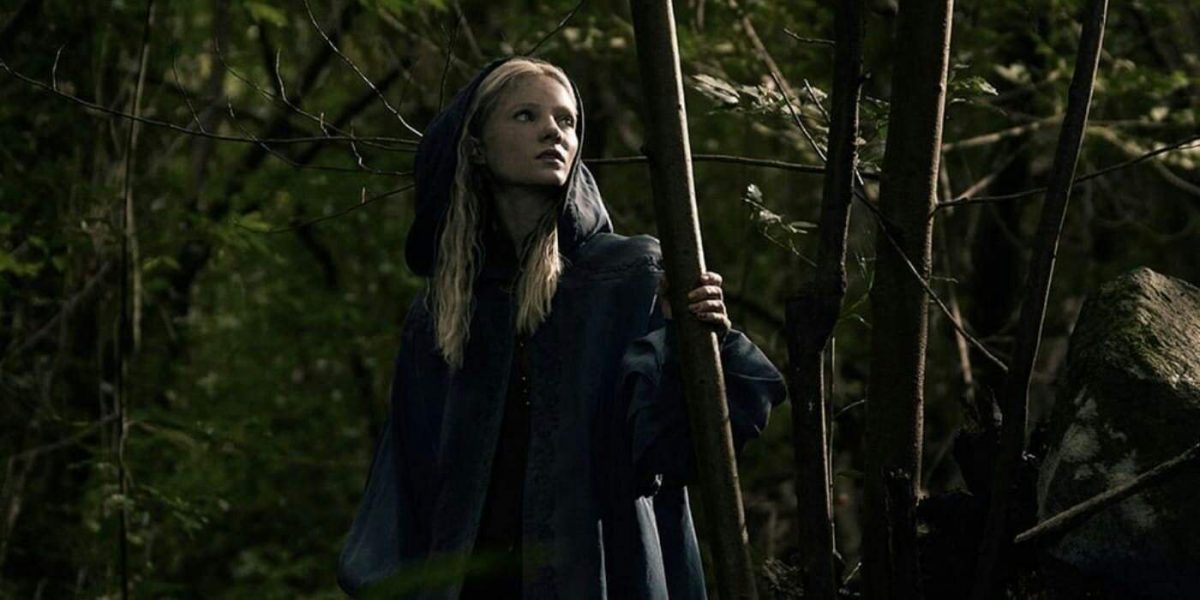
At the beginning, the narrative feels rather disjointed, as it leaves you in the dark about the whereabouts of each of the trio in relation to one another, but as the season progresses, the initial confusion tapers off bit by bit. Despite that, you’re still pretty much in the dark about how these individual storylines all converge.
It doesn’t help that The Witcher is dialogue-heavy, and a lot of character backstory is relegated to drawling, sometimes overly-dramatic monologues. This might prove to be a hurdle for would-be fans coming into the series as it can be rather draining. As such, it is best to watch The Witcher when you’re at a relatively attentive mood.
In terms of theme and tone, The Witcher doesn’t shy away from topics such as racism, xenophobia and sexism. The world feels very well lived-in, and it reflects in the characters that reside in it. Their preconceived notions about the world and other races in this fantastical society are expressed rather vehemently. This is best exemplified in scenes with Geralt, an outsider, whose general dislike by the humans around him is greatly felt by the audience, as they hurl insults, both tangible and intangible, at him. The violence is also nothing to be scoffed at, as it is a visceral experience. This is ultimately made possible by the writing, which showrunner Lauren Hissrich and company have done really well.
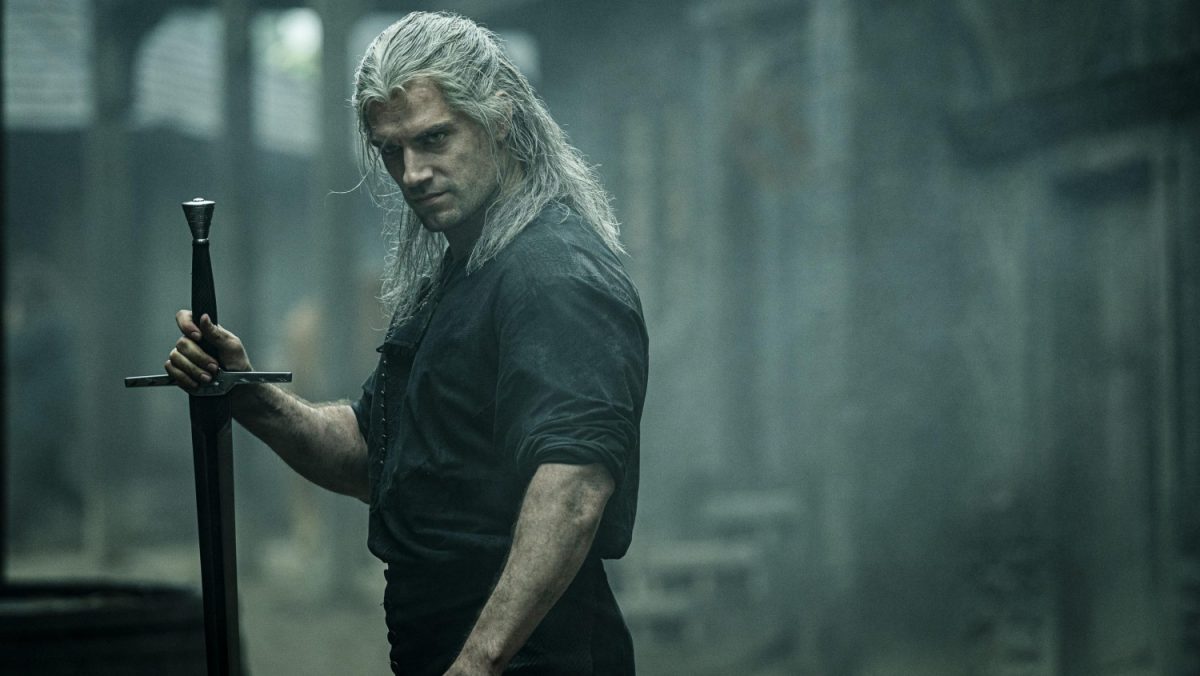
Even though each of the 8 episodes runs for roughly an hour, it still feels as though we’d need 8 more to fully understand the scope of the conflicts and arcs presented. That said, with what you’re given, the writing is generally pretty well-fleshed-out; the plot feels succinct and is paced well, each of the characters feel distinctly different from one another, and their individual arcs, while largely isolated from one another, still ultimately as part of the same world.
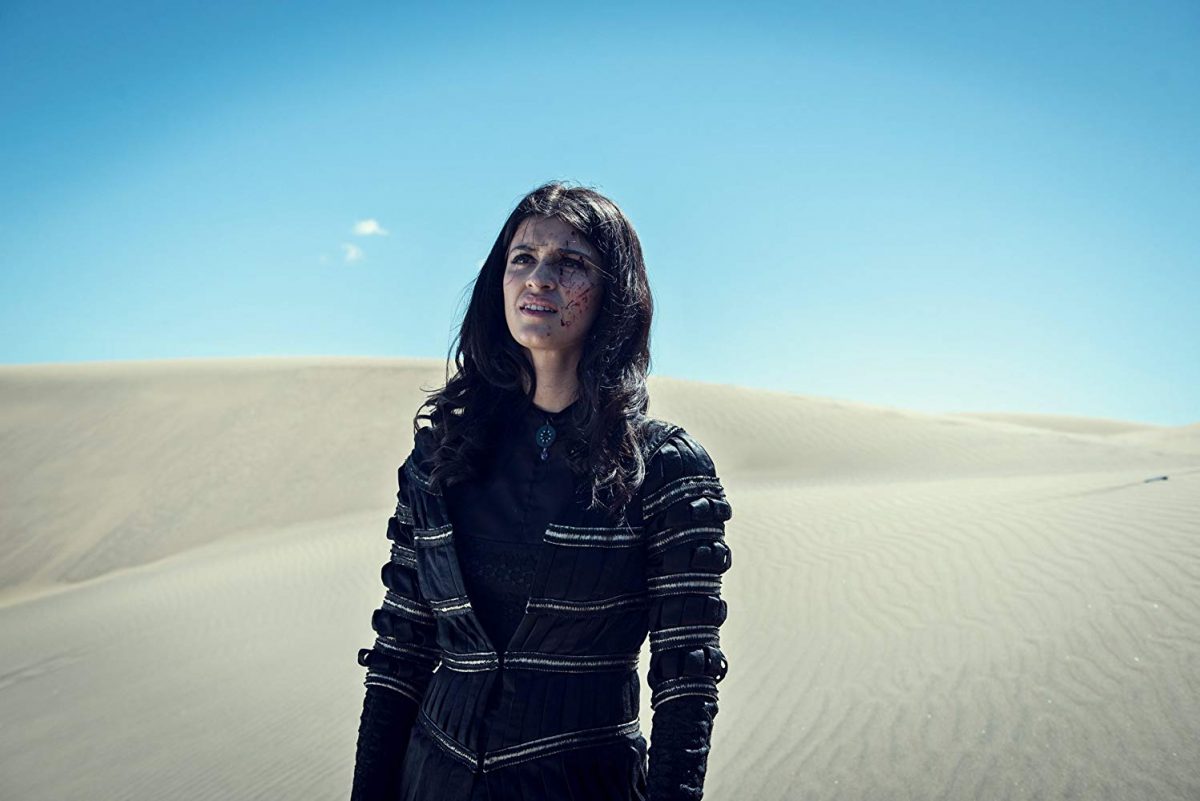
Plot-wise, there are a few interesting twists that will certainly widen your eyes, but the disjointed nature of the various subplots may hamper the surprise factor, which is unfortunate given how the writers’ intentions to catch the audience off-guard were clear at various points in the season.
But while the plot can be a little confusing at times, the performance of the main and supporting cast is what makes The Witcher worth binging.
Many will no doubt be looking to lead star Henry Cavill as Geralt of Rivia, and we must say how he absolutely kills it as the White Wolf.
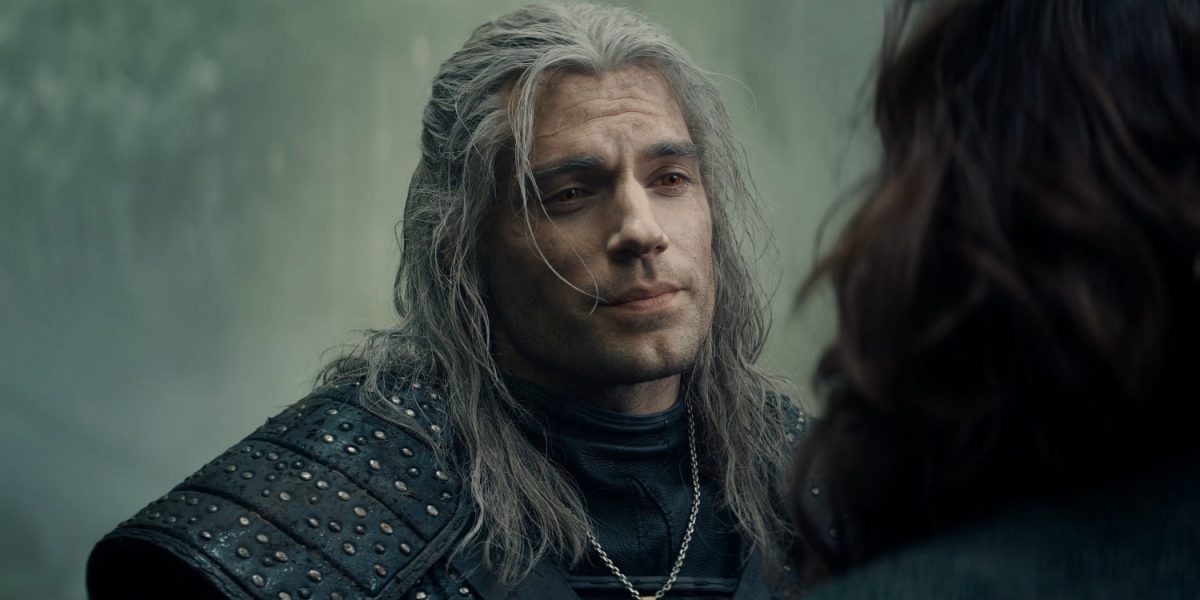
You know a Witcher fan when you see one, and the Batman v Superman and Mission Impossible: Fallout alum is definitely among one of the most hardcore in this talented cast. His time spent gorging on the books and games definitely aided in his interpretation of Geralt (that low, metallic voice, especially!), while adding his own confident, smirking spin on the Butcher of Blaviken. And speaking of spinning, he even performed some of his own stunts, which leads to arguably one of the most visually-entertaining and realistic fight scenes in all of TV (take that, Game of Thrones).
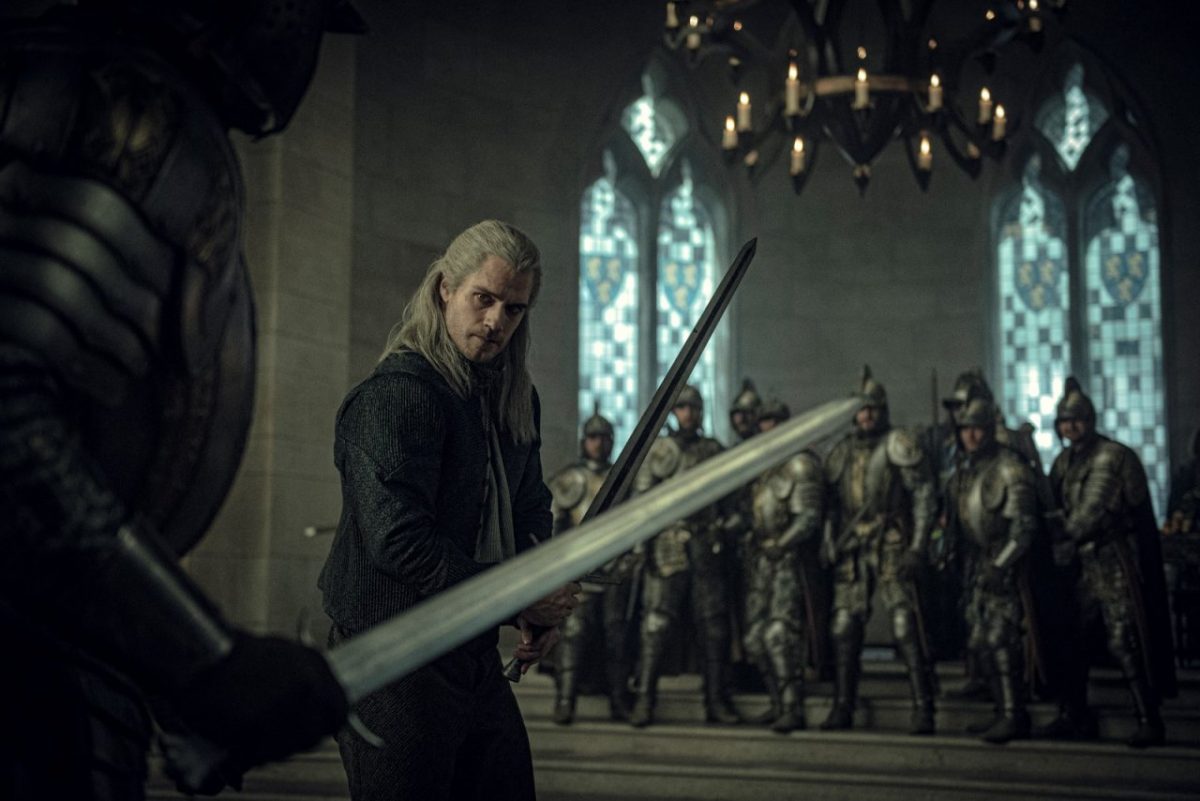
Alongside him are Anya Chalotra (Wanderlust, The ABC Murders) as Yennefer and debutant Freya Allan as Ciri, both of whom put on really strong performances as their respective characters as well.
Allan’s Ciri is demure, yet strong-willed, and as a character hailing from royalty, she has to exercise a lot of restraint in her performances and convey raw emotion in her eyes, which she utilises to great effect. Allan’s mature performance often belies her relatively young age of 18, as her expressions reel you in, making it hard not to get attached to her interpretation of the young Ciri.
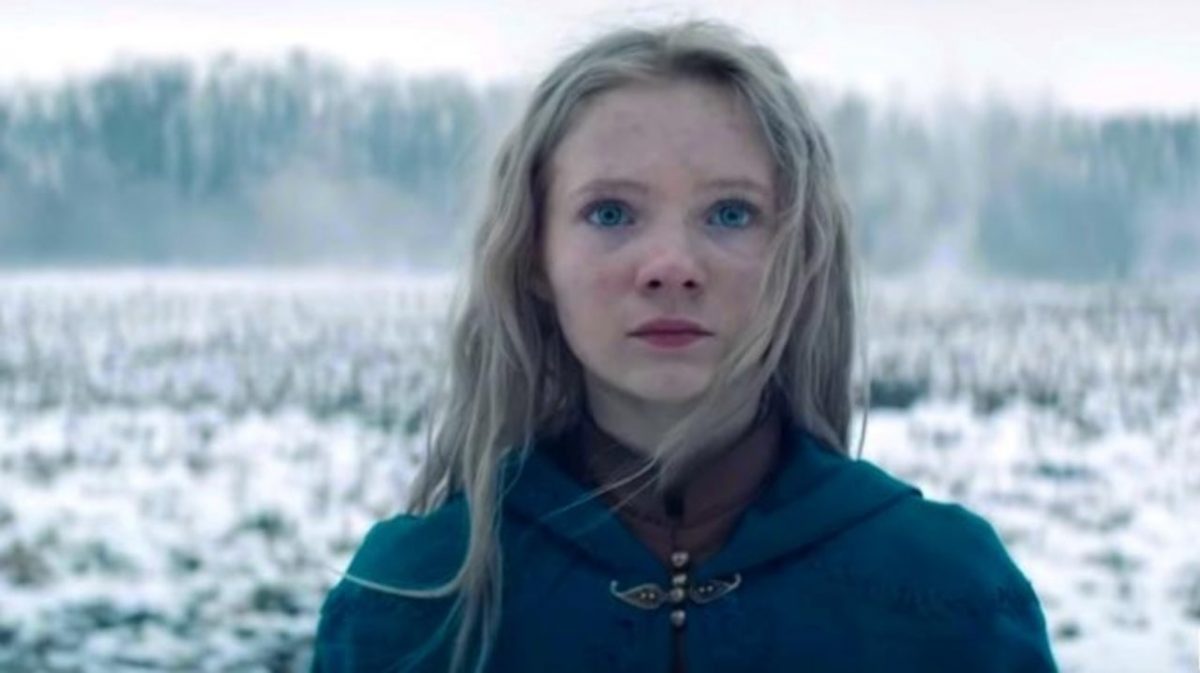
Chalotra’s Yennefer is every bit as confident, witty and subtly seductive as the one many have come to know and love in the books. She has also had the added physical challenge of playing a hunchback younger Yennefer as part of her never-before-seen backstory. As young Yennefer, Chalotra displays her versatility by showing a more self-conscious and ultimately more vulnerable side to the usually-enigmatic sorceress, which does add much more depth to her character. It’s a refreshing sight, and is certainly helped by Chalotra’s generally superb performance.
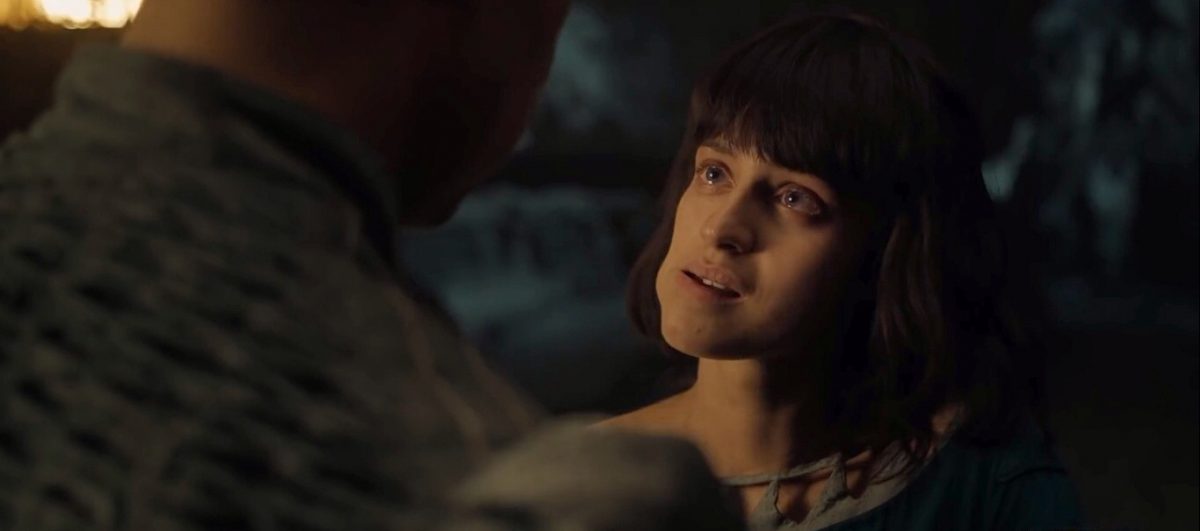
The supporting cast of The Witcher is also quite formidable, offering a wealth of experience (and verisimilitude) to the story and world. Lars Mikkelsen’s (Sherlock) Stregobor is pretentiously kind, much to the benefit of our entertainment, of course; Jodhi May’s (The Last of the Mohicans) Queen Calanthe is an absolute lioness as the matriarch of Cintra; and Joey Batey’s (Knightfall) Jaskier a.k.a Dandelion the bard is goofy and comical, if not a little tropey, serving as the perfect contrast and companion to Cavill’s sulking, sullen Geralt. These are but a fraction of the supporting cast, but none so far have so much as put a foot out of line, which says a lot about the quality of the casting for The Witcher.
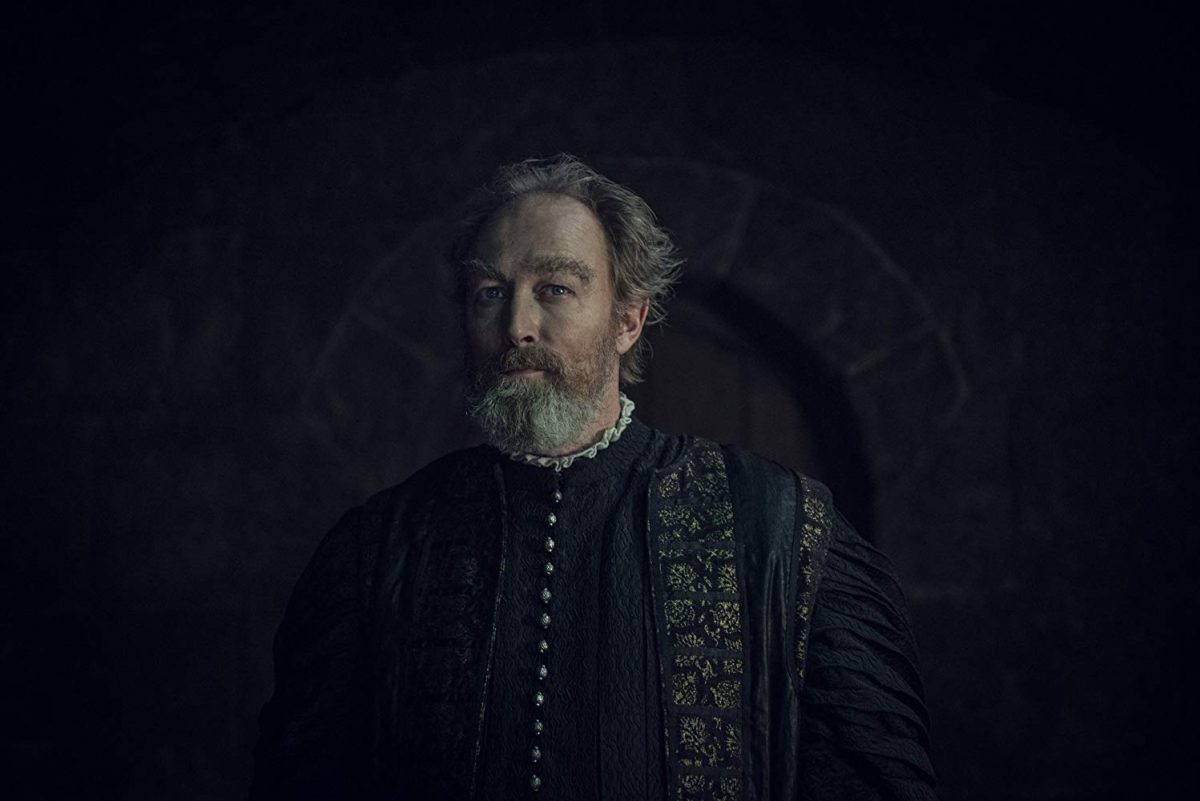
Visually, The Witcher is a sight to behold. Thanks to an intricate blend of production design by Andrew Laws, cinematography (equally split between Jean-Philippe Gossart and Gavin Struthers) and colour grading, you have yourself a really pretty gritty (pun intended) show. At first glance, The Witcher looks a lot like the likes of the aforementioned Game of Thrones, but technical team has done enough to make it stand out.
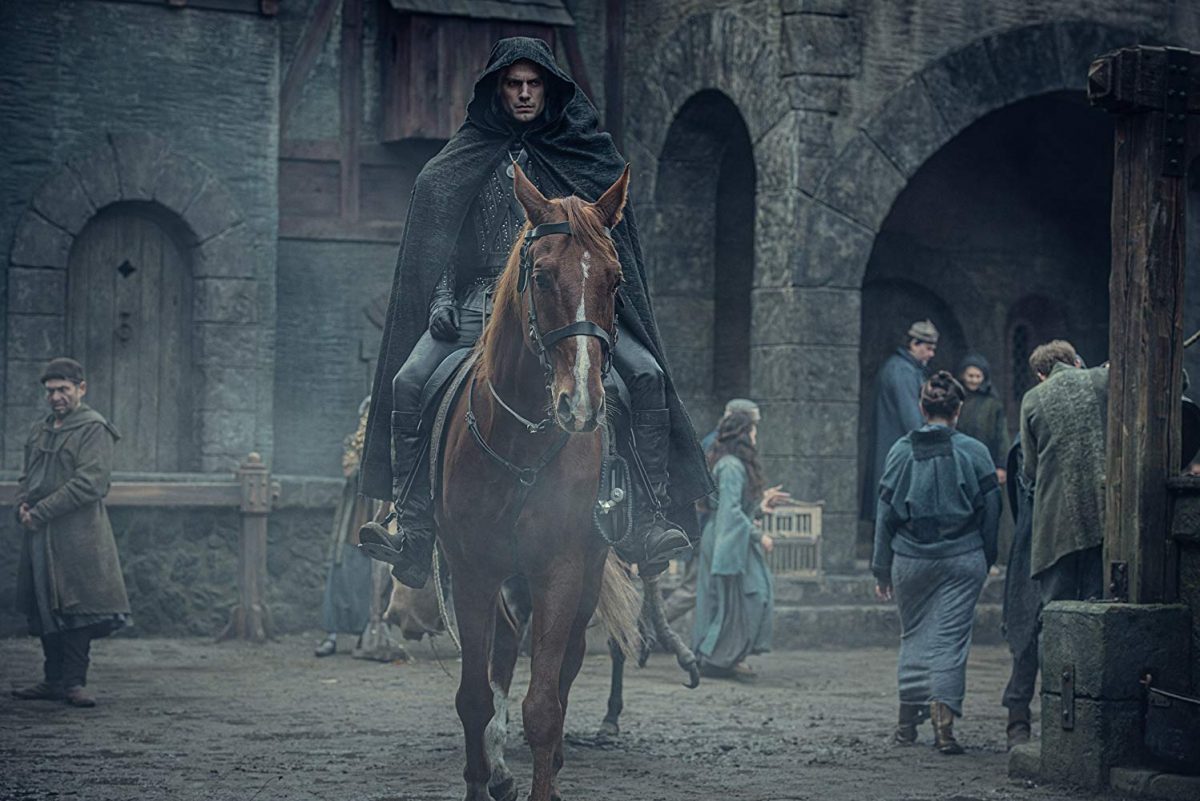
Geralt’s scenes are generally the darkest, with a colour palette of deep blacks, slate greys and dirt browns, as he slinks about in the night going up against the various monsters. Ciri’s and Yennefer’s scenes are generally lighter and slightly more vibrant in tone, as their parts don’t involve much violence (maybe a little bit more for the latter).
And the unifying aspect about these scenes is the music, thanks to Sonya Belousova and Giona Ostinelli. While trained ears may often mistake the Scandinavian tunes and beats for the original score on The Witcher 3: Wild Hunt (it is inevitable, as Sapkowski’s work was inspired by the mythology and geography of his home in Poland), the duo have breathed life into the show with a good mix of strings and choir parts.
The special effects in The Witcher are also to be lauded. Shoestring budgets are a thing of the past in the small screen industry these days, and though special effects are often considered an afterthought in TV, the team has used their budget to the best of their ability. The display of magic spells feel organic and not at all artificial. The same can be said for the various monsters, which look utterly disgusting and menacing in all the good ways. It’s really refreshing to see such attention being paid to special effects in a TV show, as it adds significantly to the audience’s immersion.
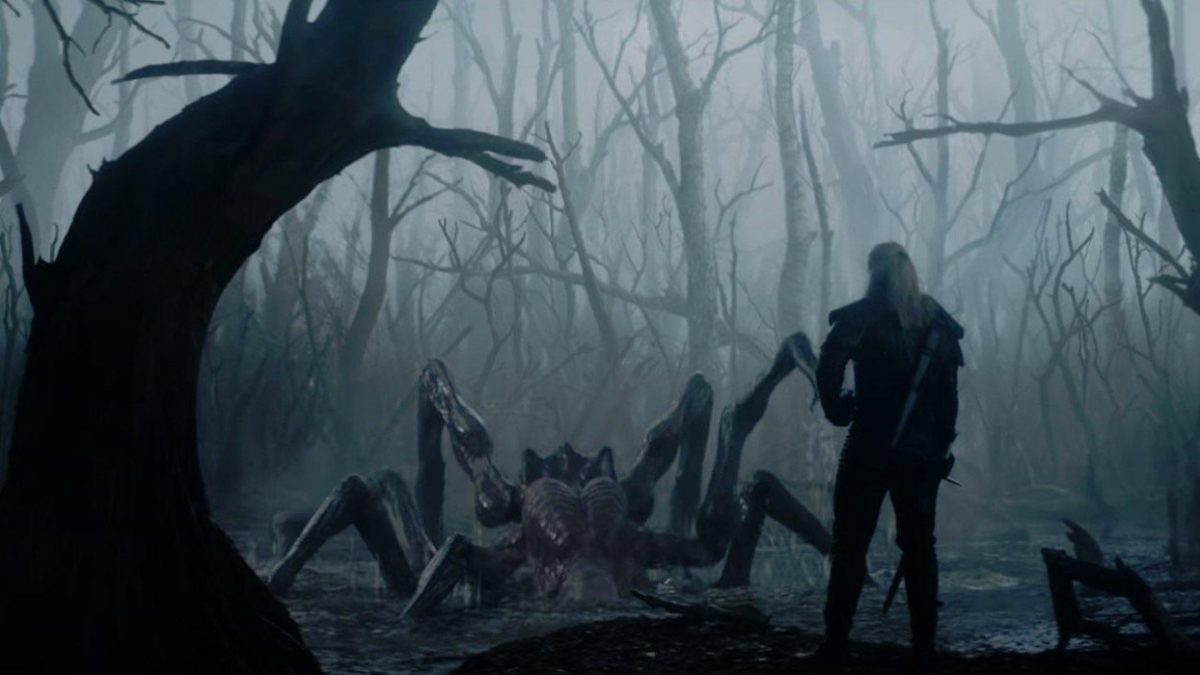
Arguably the Achilles heel of The Witcher is not the writing, but rather the editing. For a story that is already quite disjointed, awkward shot choices are what make it even more immersion-breaking. Quite often, you’ll find yourself scratching your head as to why the director didn’t opt to choose a close-up of certain beats, and instead choosing to go for a wide shot, or keep to a certain shot without even cutting to the critical action or beat of the scene.
This happens quite a few times across the episodes. You’d think the different directors that have come on to piece the scenes at post-production would’ve noticed the jarring cuts, but it seems that wasn’t addressed very well, unfortunately. This is not to say The Witcher is impossible to watch — it is just frustrating to have to scrub back a few seconds just to understand certain story beats just because you missed the critical action of the scene.
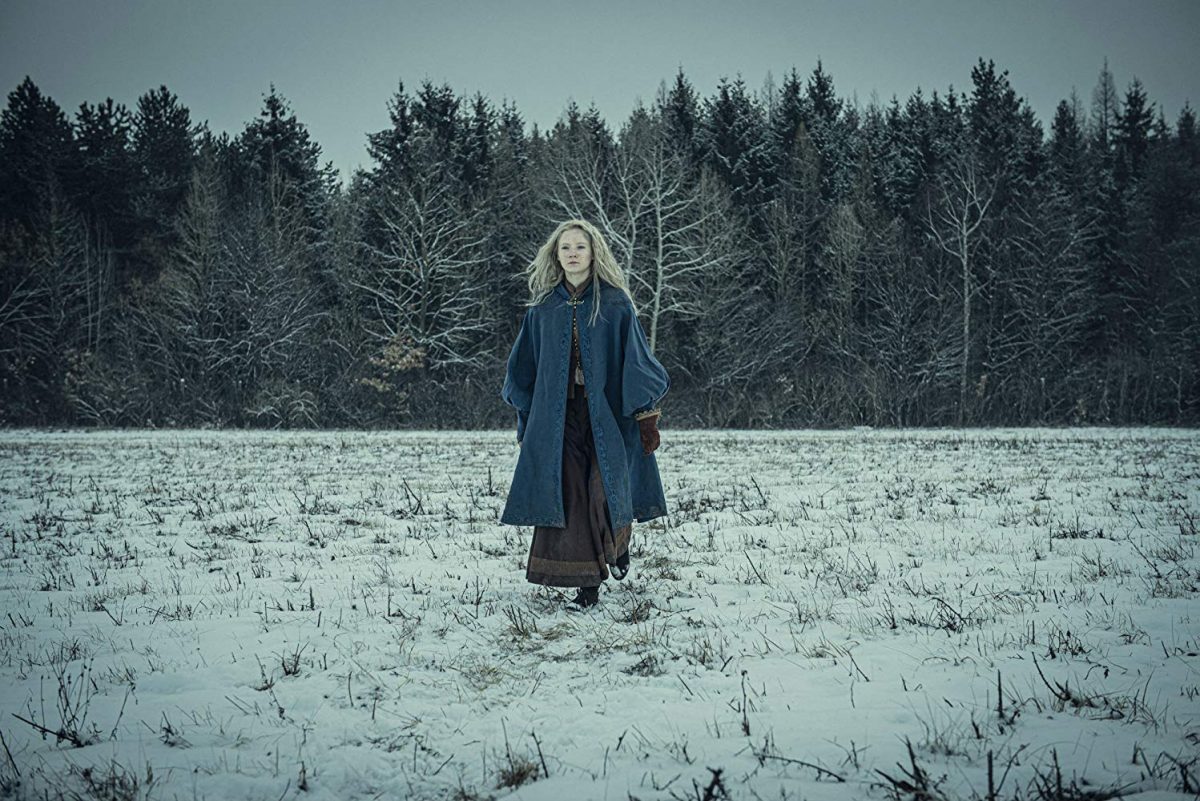
But when all is said and done, The Witcher fully embraces its imperfections and still manages to pull off a really solid entry point for new fans of the franchise. Arguably the star of the show here is Henry Cavill (and his equine buddy Roach), and rightly so. If you’re suffering from Game of Thrones fatigue and want something utterly fresh and visceral, or are just looking for a great action-fueled story across a backdrop of a true-to-life commentary of today’s society, then Netflix’s adaptation of Andrzej Sapkowski’s novels is certainly one to consider.
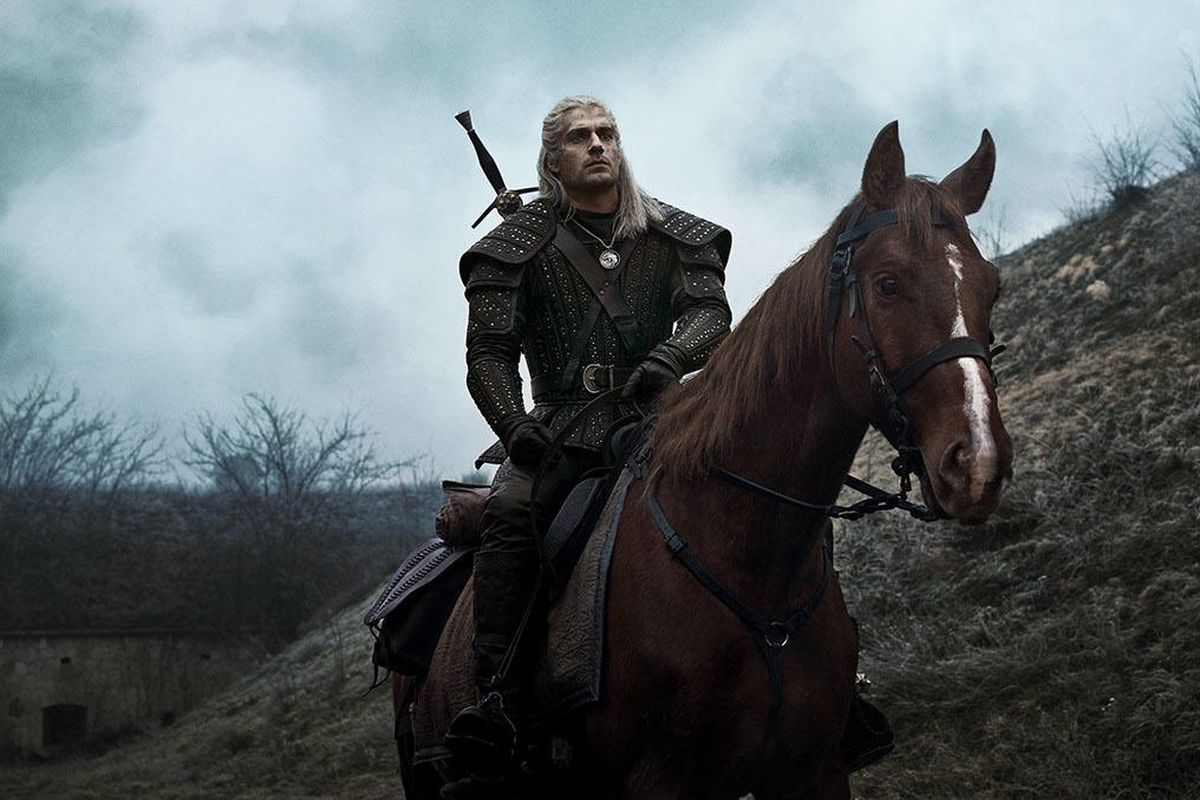
GEEK REVIEW SCORE
Summary
Dark fantasy stories have always been part of our inner desire to explore something much more sinister within ourselves. Netflix’s The Witcher does exactly that quite excellently, though some of the presentation hampers that a little. Still, this is an excellent jumping-on point if you haven’t read the books.
Overall
9/10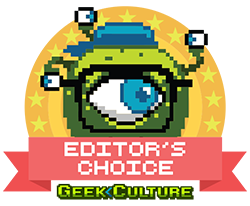
-
Story - 9/10
9/10
-
Direction - 8/10
8/10
-
Characterisation - 9/10
9/10
-
Geek Satisfaction - 10/10
10/10
User Review
( votes)Marion has a serious RPG addiction. Sometimes it bleeds into real life; he forgets to sleep because he thinks he has a Witcher’s body clock. Forgive him in advance if he suddenly blurts out terms such as “Mind Flayer” and “Magic Missile”, because never once does he stop thinking about his next Dungeons & Dragons game.

